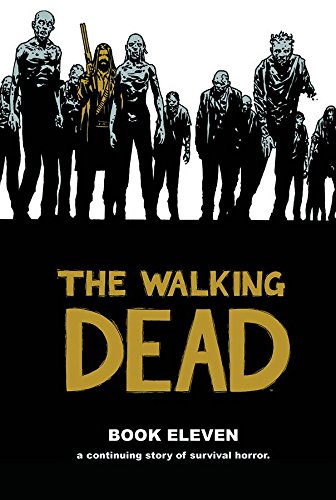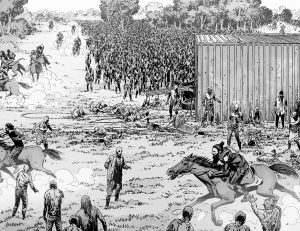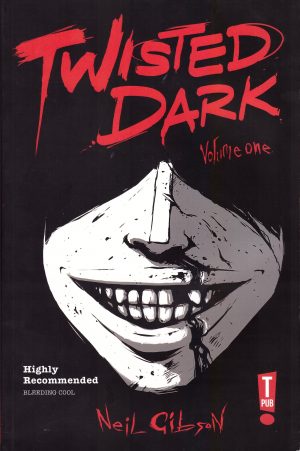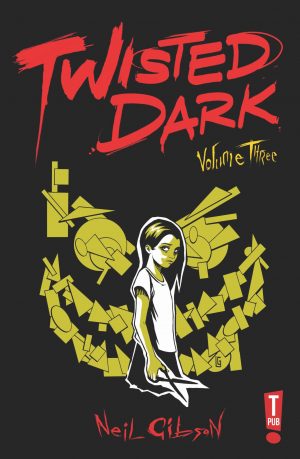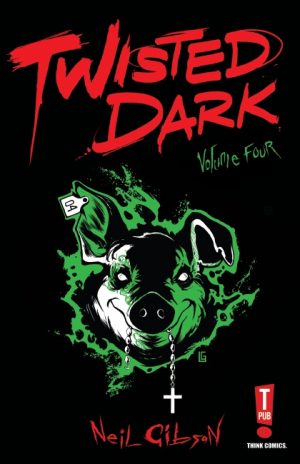Review by Karl Verhoven
It might have been nice to have both segments of All Out War collected in a single hardcover, but the publication format and schedule dictating the conclusion ensures it’s combined with the fresh start of A New Beginning, and that also provides a satisfying combination, although a complete contrast.
Robert Kirkman is a calm before the storm plotter, pacing his largely drama based scripts toward an escalating crisis that plays out in the final episodes of the paperback collections. While the tone of that crisis is wildly different over the two segments, the same formula is applied of a few chapters skimming around assorted characters reacting to circumstance or getting on with their lives, followed by an explosion of some sort. It’s well applied over the break between skirmishes beginning the All Out War segment, where Kirkman covers a lot of ground stocktaking, switching between pairs or groups of characters assessing loss and confronting that what’s been started might result in their death. It’s very effective with community leader Rick Grimes seeing the devastation of Book Ten and searching his soul “Dear God. I never thought it would come to this. Did I do this? Was it my fault?” Kirkman underlines that it is, but also the mitigating circumstances, the theme being that freedom is essential.
Charlie Adlard is as good as ever, even given the difficulty of constantly introducing new characters to an already large cast, all of whom have to be distinguishable. It helps that The Walking Dead is in black and white, but Adlard also mitigates what’s essentially a very savage story. Try to imagine some of the black being red instead, and it’s not too long before a queasiness is induced. There are several of his great panoramas, and because they’ve been largely incidental to the All Out War sequence, when the zombies return in bulk for the second half of the book it’s spectacular, as seen by the sample art.
A period of several months has elapsed between the end of the first half of Book Eleven and the start of the second, where Kirkman presents an aspirational utopian community. Alexandria has been saved, and without the constant threat of intimidation from Negan’s gang, people are able to concentrate on restoring a form of civilisation. Productive skills become more valuable than protective abilities, and it’s all very idyllic. Of course, seasoned Walking Dead readers know that every time Grimes and co become optimistic and complacent a spanner will be thrown into the works. Kirkman has a magnificently fertile mind as far as these spanners are concerned, and there’s yet another fantastic revelation toward the end of the book. Anyone not wanting to wait for the continuation should probably head for the third Walking Dead Compendium, a bulky paperback with this content, and that of the previous two hardcovers along with Book Twelve.
